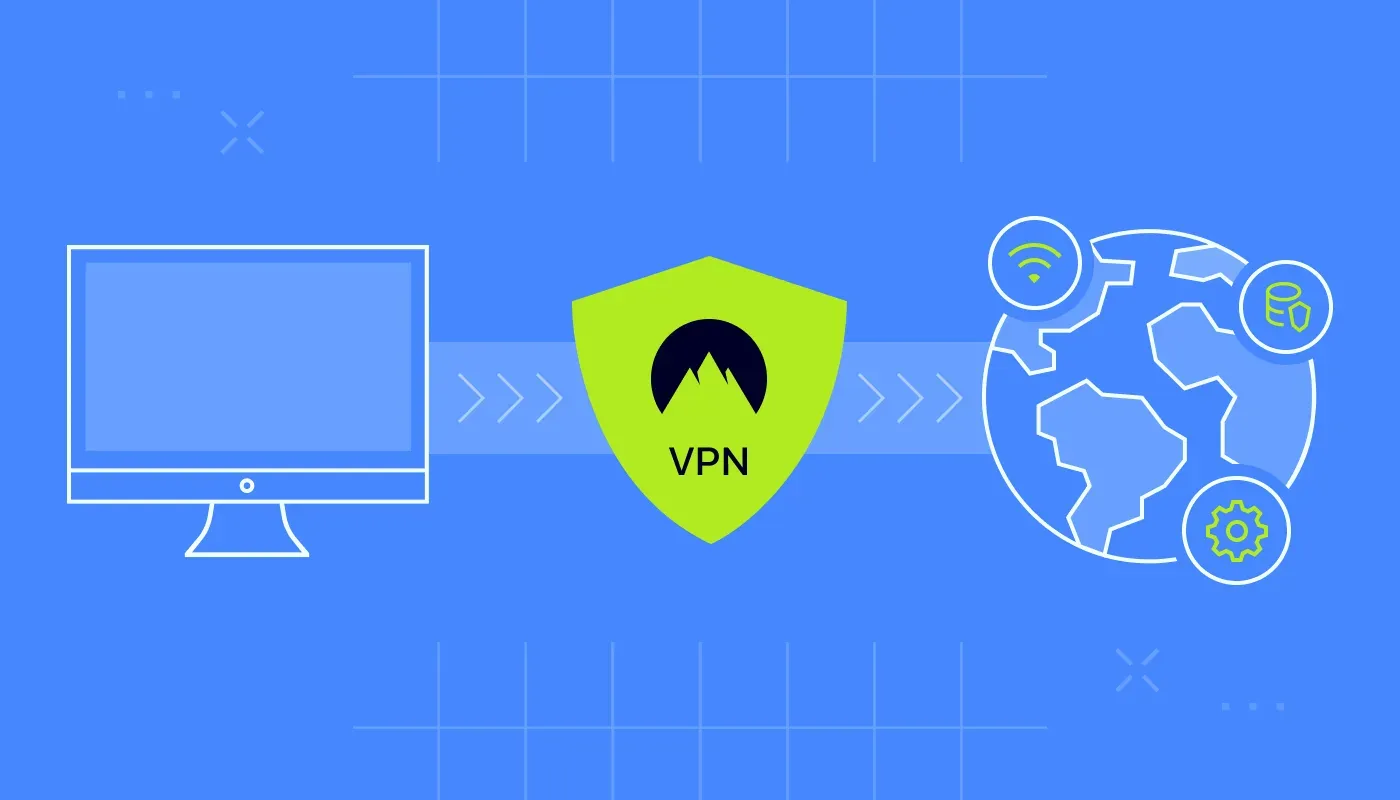A virtual private network (VPN) has become an important requirement in modern-day work environments where remote work has become the new norm. With more than 334 million people falling victim to data breaches in 2023, it’s easy to say that nobody is safe from cyberattacks. In 2023, data breaches increased by 72% in comparison to 2021. This big increase in the number of people affected and overall breaches worldwide, the losses to businesses are staggering high.
Even more frightening is the fact that there is not much that businesses can do about controlling the situation other than investing heavily in cybersecurity measures. This explains why VPN is important for business when it has remote workers. Here are the top reasons that make VPN a must-have tool for every remote worker.
Data encryption
VPNs work on strong encryption protocols. The encryption protects company data transferred between remote workers and the main office network. In this process, the information is turned into unreadable codes, something that cybercriminals find too difficult to intercept and exploit. For example, in case a remote worker accesses company files over an unsecured Wi-Fi network, a VPN will deter hackers from stealing that information.
Your employees might be working on important client projects. This calls for greater data security measures than usual. When it’s about client data safety and privacy, nothing can be taken casually. At the same time, putting too many restrictions on your employees in today’s digital world is also not a wise policy. The middle path is to use some specific VPNs. You can follow film and sports streaming and gaming VPN recommendations for everyone in your organization who works remotely. The best VPN for gaming will ensure smooth and enjoyable online gaming while nobody will feel that business data is unsafe in any way. Choose the best VPN for MacBook to make gameplay safe.
Protection against MITM attacks
Remote workers tend to use unsecured public Wi-Fi in coffee shops, airport lounges, or libraries. These are perfect hotspots for man-in-the-middle (MITM) attacks. Hackers position themselves between the remote worker and the Wi-Fi they connect to to steal data. A VPN encrypts the data path which makes the intercepted data indecipherable.
Masking IP addresses
One of the common roles of VPNs is to hide users’ IP addresses. The private network replaces them with the IP of the VPN server. This covers the physical location and internet usage pattern of the remote worker. With usage and IP totally masked, the hackers find it difficult to break into the system to steal the company’s data.
Secure remote access
A secure perimeter around company data is important in remote work mode. Remote work means collaboration on projects with online tools, access to files and folders, online meetings, etc. With VPN remote work for security, you get seamless data transfers, collaborations, meetings, and training.
Compliance with data protection regulations
The ever-increasing risk of data security in today’s dynamic online environment means there are several laws around how companies deal with data. To meet regulations like GDPR, HIPAA, and PCI-DSS), VPNs help your remote work-based businesses remain compliant. Customer trust is enhanced and penalties are prevented when you follow compliance strictly.
Best Practices – VPNs in remote work
VPNs help in maximizing your remote work data security but there has to be a systematic approach to roll it out. Spreading awareness among remote workers on why is a VPN important when working remotely and the best ways to use it holds the key. Here are the best practices you need to follow.
● Make the use of VPN for remote access mandatory: The use of a VPN for remote workers should be non-negotiable. It should be made compulsory to use it when they access company data from remote locations. It should apply both to the local and client information, whether during collaboration work or data transfers.
● Use Multi-Factor Authentication (MFA): Multiple layers in the following security is important. When you add MFA to a VPN login, you are preventing unauthorized access. Thinking beyond passwords in today’s unsafe digital environment should be a priority.
● Regularly update and monitor VPNs: Like all software and online tools, regular updates are important. Also, monitoring the usage pattern of your remote workers will help you analyze the need for switching from one VPN to another or simply updating it as per a requirement that you come across.
● Educate Employees on safe remote work practices: Professional training and general sensitization on using VPN to ensure data safety should be a part of your cybersecurity strategy. Conduct these regularly and ensure that every employee is highly educated on the use of virtual private networks.
Conclusion
At a global level, on average, a data breach costs $4.88 million in 2024. Looking at such figures, your business has to invest in cybersecurity. As cybercriminals become more advanced with the use of techniques based on common frauds to as sophisticated as using AI, there is an increased need to understand the importance of information security. As discussed here, there are steps you can take to prevent common attacks and one of them is remote work VPN. As more and more employees choose to work from home or remotely, a virtual private network provides the much-needed strong layer of security.
Keep an eye for more latest news & updates on Bangkok Tribune!



